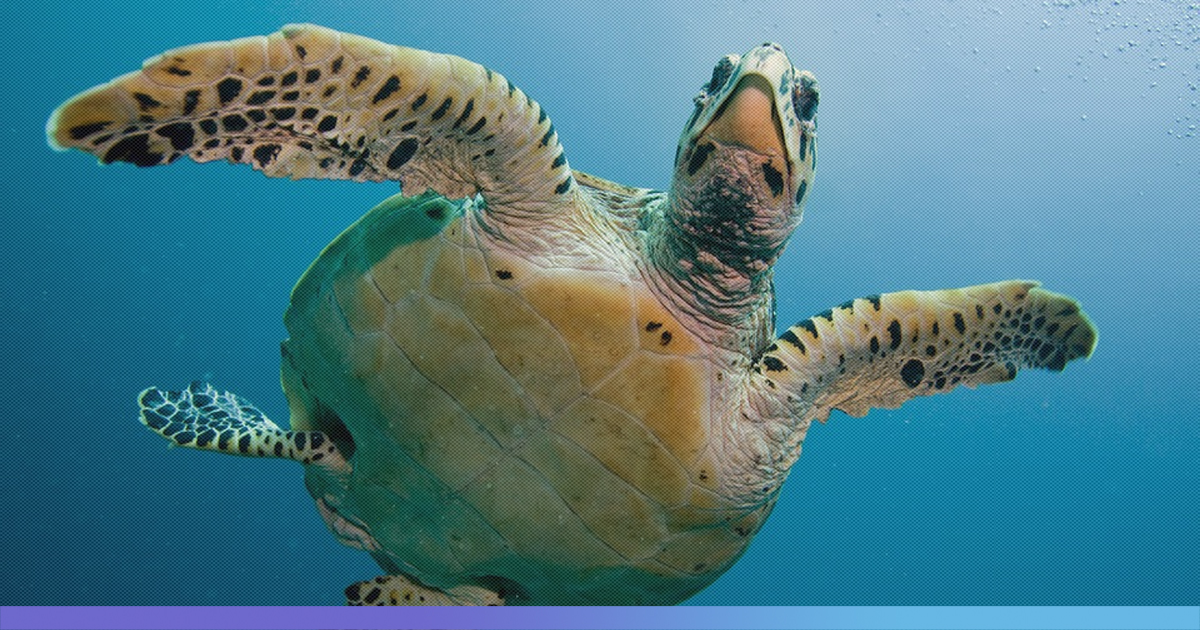One million plant and animal species are on the verge of extinction, over the span of the next 10 years, according to a report released by the United Nation’s Intergovernmental Science-Policy Platform on Biodiversity and Ecosystem Services (IPBES) on May 6.
Nature is declining at an unprecedented rate and species are disappearing faster than ever before in human history, the report further highlights.
The report, co-authored by seven professors from universities across the world, directly links the loss of species to human activity. This was compiled with the help of nearly 150 authors from 50 nations, who worked for three years to compile the 1,800-page.
“This loss is a direct result of human activity and constitutes a direct threat to human well-being in all regions of the world,” said Josef Settele (Germany), who co-chaired the UN assessment report.
The UN in the most comprehensive report on biodiversity. It pointed out that the goals for conserving nature and achieving global sustainably cannot be met by the current trajectories. Further adding that nature can only be conserved and restored through transformative change across technological, economic and social factors.
Impact On Environment And Species
The report highlights that the scale of decline “is eroding the foundations of our economies, livelihoods, food security, health and quality of life worldwide”.
According to the UN report, since 1900, about 20 per cent species living in major land-based habitats have vanished and more than 40% of amphibian species are at risk. The world could lose one-third of marine mammals and one-third of reef-forming corals, in the coming decade. Since the 16th century at least 680 vertebrate species have disappeared and more than 9 per cent of domesticated mammals got extinct by 2016, and about 1,000 more breeds are threatened due to climate change.
“Ecosystems, species, wild populations, local varieties and breeds of domesticated plants and animals are shrinking, deteriorating or vanishing. The essential, interconnected web of life on Earth is getting smaller and increasingly frayed,” said Prof. Settele.
There Is Still Hope
Hoping that not all is lost and there’s still a possibility that the process of environmental degradation can be slowed down, Robert Watson, a former top NASA and British scientist who headed the report, said, “It is not too late to make a difference, but only if we start now at every level from local to global.”
To halt the widespread damage, authors of the study called people to create “transformative change”. “We need to change the way we think about what a good life is, we need to change the social narrative that puts an emphasis on a good life depending on a high consumption and quick disposal,” said Sandra Diaz, one of the report’s co-chairs, reported Al Jazeera.
Also Read: “We Are In Trouble If We Don’t Act,” Experts Warn On The Back Of UN Global Assessment Report












